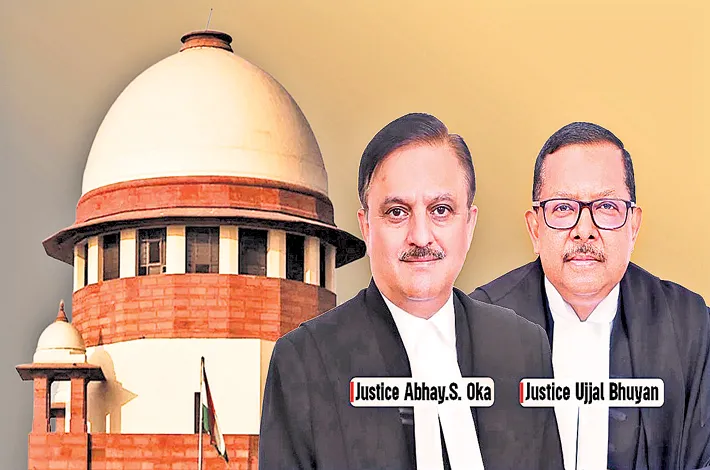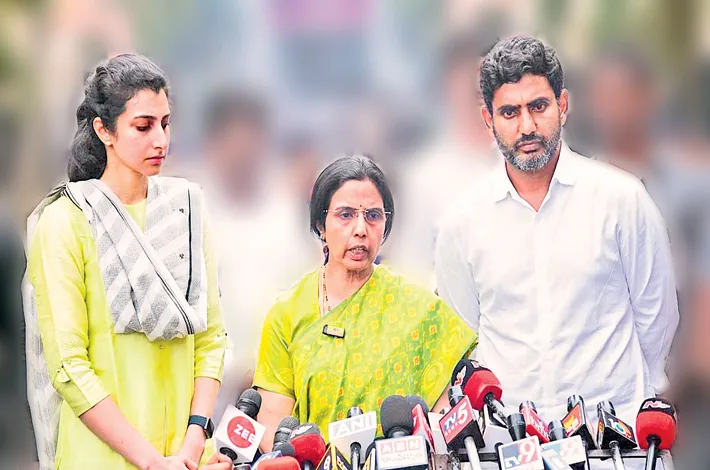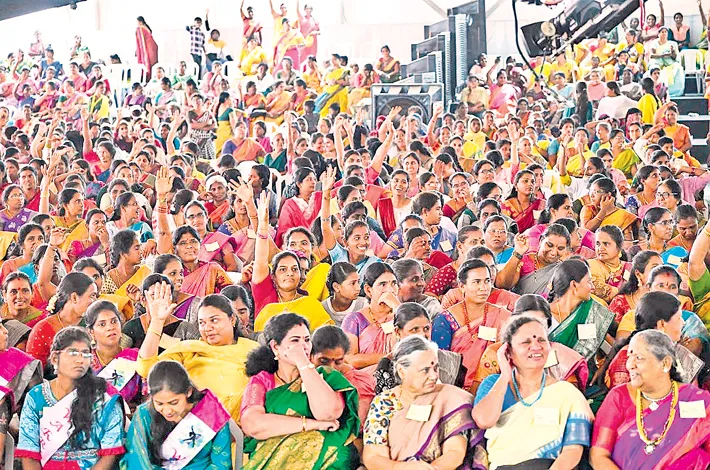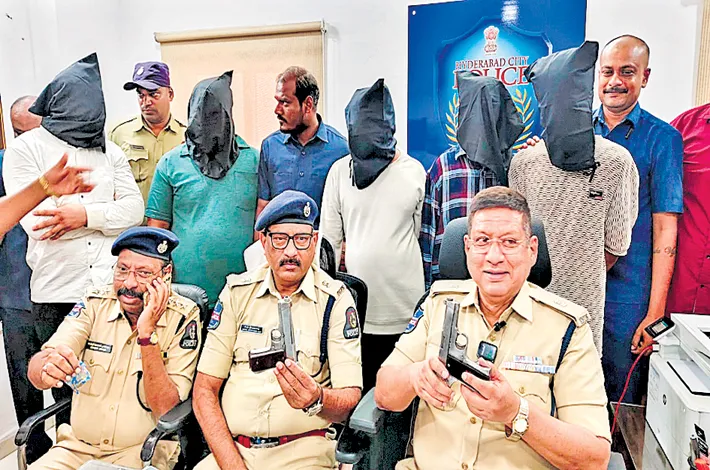‘Literature, drama, films and satire make life meaningful’
29-03-2025 12:00:00 AM

No offence is made out against Pratapgarhi: Supreme Court
75 years into our republic, we cannot be seen to be so shaky on our fundamentals that mere recital of a poem or for that matter, any form of art or entertainment, such as, stand-up comedy, can be alleged to lead to animosity or hatred amongst different communities. Subscribing to such a view would stifle all legitimate expressions of view in the public domain which is so fundamental to a free society-Supreme Court
metro india news I new delhi
Almost 15 months after Congress Rajya Sabha MP Imran Pratapgarhi’s social media post of the poem "Ae Khoon Ke Pyase Baat Suno made headlines after the FIR and criminal proceedings initiated by the Gujarat police against him, the two-judge bench, led by Justice Abhay S. Oka and Justice Ujjal Bhuyan, stated, "No offence is made out against Pratapgarhi," and ruled that the police must first understand the meaning of written or spoken words before lodging an FIR in such cases.
The bench emphasised that the Constitution allows reasonable restrictions on the freedom of speech and expression, but these restrictions should not be unreasonable or used to trample on citizens' rights.
The bench said that literature, including poetry, films, satire, and art, enriches human life, and even if many dislike someone's views, their right to express them must be respected and protected.The apex court had noted that freedom of speech and expression must be understood by the police "at least now, after 75 years of the Constitution."
The FIR had been filed against Pratapgarhi after he allegedly posted a 46-second video on his X (formerly Twitter) handle on December 29, 2023, featuring the poem "Ae Khoon Ke Pyase Baat Suno."
Earlier, the court had also observed that the poem "Ae Khoon Ke Pyase Baat Suno" promoted a message of non-violence and criticized the police for their lack of sensitivity in lodging the FIR.
The court explained that the poem had nothing to do with religion or anti-national activity and actually conveyed a message of non-violence. It pointed out that the poem suggested that even in the face of injustice and loss, one should respond with love and acceptance.
The Supreme Court had earlier questioned the Gujarat Police's actions, noting that the poem was ultimately a message of peace and not against any religion.It emphasized that the poem conveyed a message of non-violence, even in situations involving violence, and that it was not aimed at any particular community.
The case began when a resident of Jamnagar filed an FIR against Pratapgarhi, alleging that his social media post, which included a provocative song, was "detrimental to national integrity and hurt religious sentiments."
Pratapgarhi moved the Gujarat High Court to quash the FIR, arguing that the poem spread a message of love and non-violence. However, the Gujarat High Court refused to quash the FIR, stating that further investigation was needed and accusing Pratapgarhi of not cooperating with the investigation process. Subsequently, Pratapgarhi approached the Supreme Court for relief.








